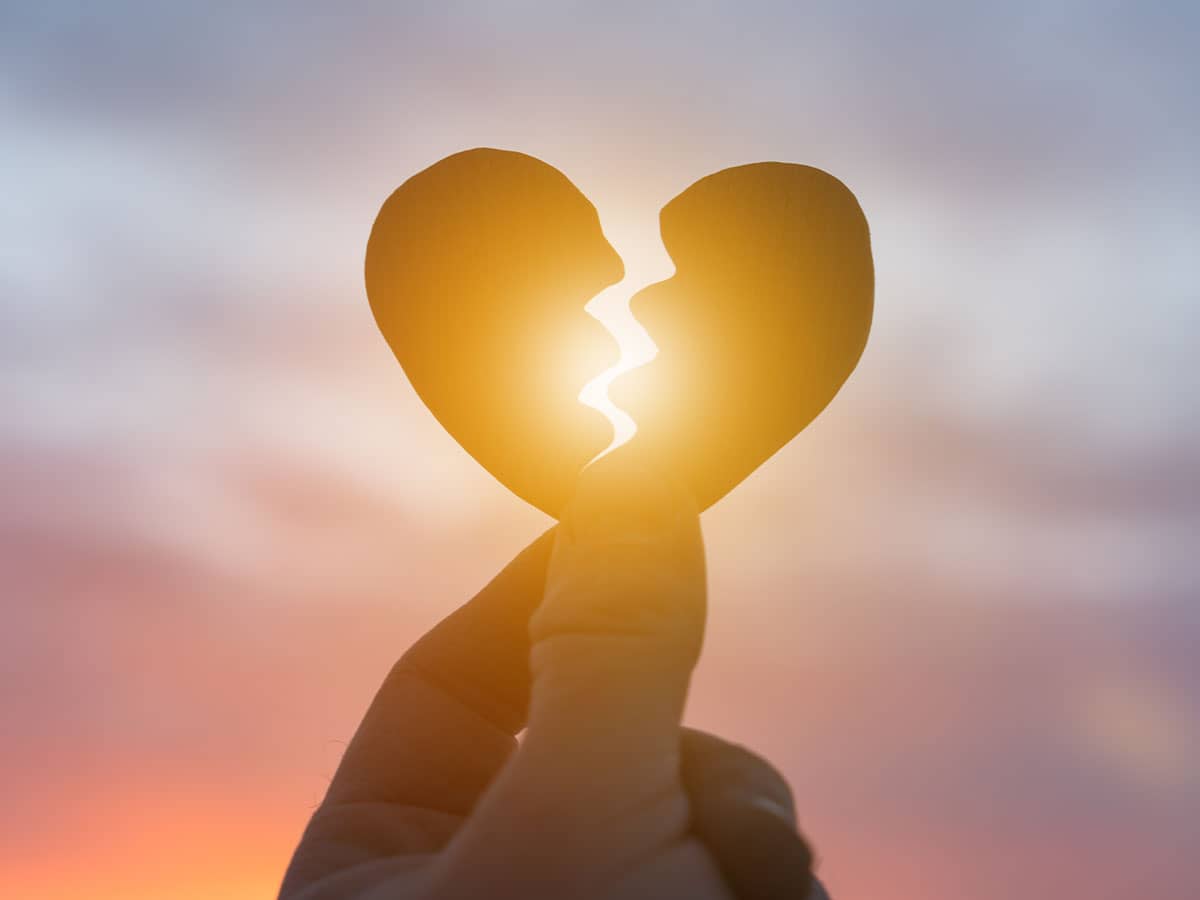Mid-Monday morning, I got the call, inviting me to join the Red Cross spiritual care team. As a clinically trained chaplain working in a hospital, I have experience dealing with families and loss. But this invitation made me anxious; I had never before been involved with such an intense disaster. And I assumed that as a rabbi, my services would not be required or appreciated for dealing with an Egyptian Airlines crash. I was quickly assured that the request was for chaplains from all faith traditions.
Monday afternoon I drove to the Doubletree Hotel in Newport where passengers' relatives were going to be lodged. Shortly after I arrived, the first busload of families pulled in. As they disembarked, a sense of helplessness descended upon me. The grieving relatives milled around, lost, wounded and confused. I also felt lost and confused, acutely aware that I was the wrong religion, the wrong culture, speaking the wrong language. Sometimes it was hard to tell who were family members and who were people there to help. I approached one woman who looked tired and upset; she turned out to be a worker.
At the first family briefing on Tuesday morning, a representative from each faith tradition spoke to let them know that chaplains were available and that religious services would be held. Wearing a kippa, I was easily identifiable as a Jew and perhaps as a rabbi as well. Afterwards, people approached me--looking for comfort, looking for me to say the traditional Jewish mourning prayers.
Regularly scheduled worship services for the Muslims and Christians were established. Although there had been a number of Jews on the flight, relatively few Jewish families came to the hotel. While on scene, I provided counsel to Jewish workers and non-Jewish American families. I held a sobbing Muslim woman in my arms after she had viewed the debris. Not sharing a language, we didn't speak, but there was no need for words. I learned that cultural and religious differences at a time like this are not barriers; everyone cries in the same language. I watched a Muslim woman approach a man wearing a kippa, asking if she could speak to him specifically because he is a rabbi. She wanted to know how Judaism understands death and the afterlife. For her, the need to bring meaning to her loss required her to search the different faith traditions. The Muslim faith has deep convictions about the care and burial of the body. Many families had traveled from Egypt with the hope of at least being able to bring a body home. On Saturday afternoon, the families were transported from the hotel to Quonset Airforce Base in Narragansett to view the recovered debris from the crash--as a way of allowing them to connect on a concrete level with the tragedy. A chaplain was assigned to each bus, accompanying the families to view the debris and remaining on the bus afterward to help any family member for whom the viewing was overwhelming. In addition, a team of imams and myself, stayed at the site--available to comfort people as they disembarked the buses and slowly entered the makeshift tent to view the debris.
During that long, sad afternoon, those two Muslim clerics and I experienced an unexpected gift of sacred connection. As we waited for each busload, we shared grief and found a conviction that we are all created by God--in this life together in spite of political or religious differences. Grief and loss are powerful equalizers.
An interfaith memorial service was held on Sunday at Bretton State Park, overlooking the ocean. Relatives were given roses as they walked to the water's edge. The other clergy and workers stood alongside me, forming an honor guard of support. I heard the wail of one mother as she walked, "My baby, oh my baby." I watched an older man, his face etched in pain, walk with quiet dignity down the path to the water, his eyes glazed over, not aware of his surroundings. As I watched, I knew that they were struggling with the age-old question: Why believe in a God that can't prevent such a tragedy?
I knew from my training that, in the immediacy of their loss, they were not truly looking for a theological response. Instead they were voicing their
pain, their loneliness and utter grief through the only words that could even begin to reflect the depth of their anguish.But in the face of so much human pain I searched for some sort of theological reflection that would ascribe meaning to the experience, not so much for the families--they would find their own answers in the days and months to come-- but for myself. For me, the meaning grows out of the human connection, the holiness of relationship. It is through those interactions that we experience God. God provided the foundation and energy for me to be there for those who needed it. The Divine Presence was felt during those times of healing connection--in the comfort brought by saying a prayer together, by touching, by hugging.

